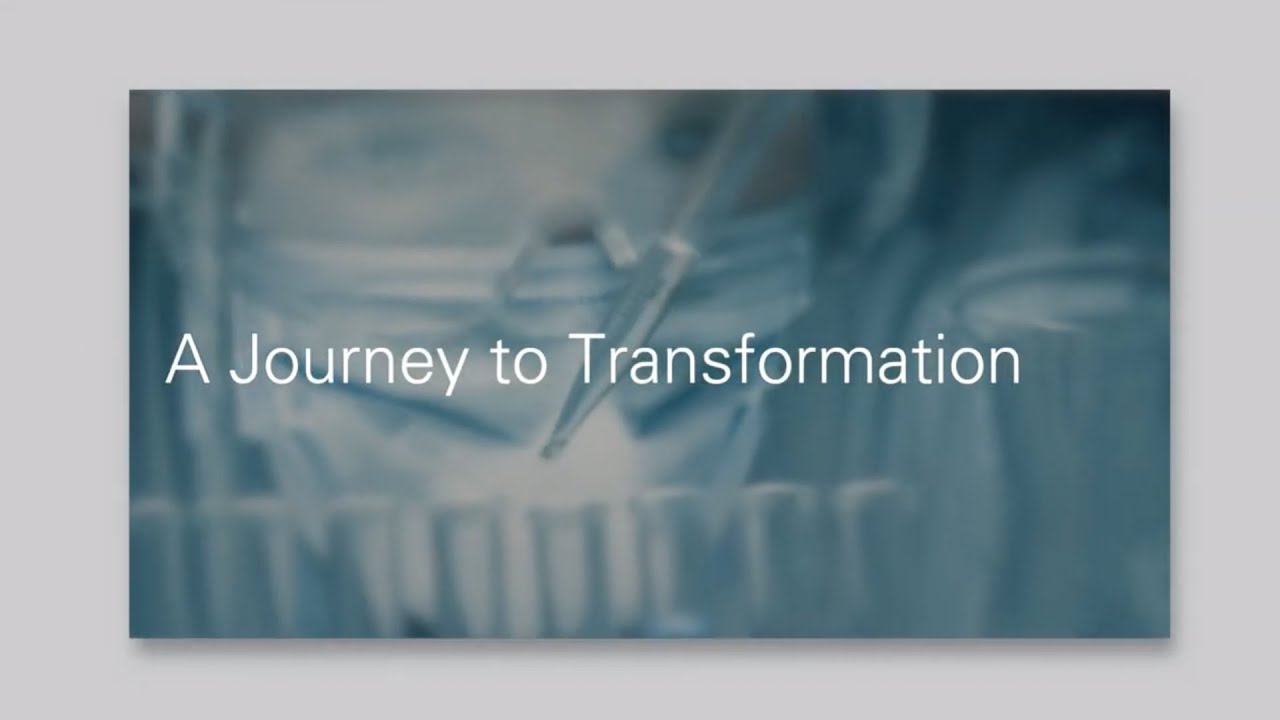A journey to transformation for Spectrum Health
KPMG helped Spectrum Health create a unified employee experience on the ServiceNow platform.

A journey to transformation for Spectrum Health
KPMG helped Spectrum Health create a unified employee experience on the ServiceNow platform.
Client
Spectrum Health
Sector
Spectrum Health
Project
Enterprise Service Management transformation with ServiceNow
Learn how KPMG helped Spectrum Health provide quality and consistent employee experiences while simultaneously improving the efficiency and effectiveness of its service delivery teams using the ServiceNow platform to enable the business transformation.

We were lacking integration, and we were lacking in new business capabilities. We saw this as a great opportunity to ratchet our perspective and our vision up a level, and not just think about IT. Let’s think about the business. Let’s think about the employee.
Burt Smith
Director, Enterprise Operations, Spectru
